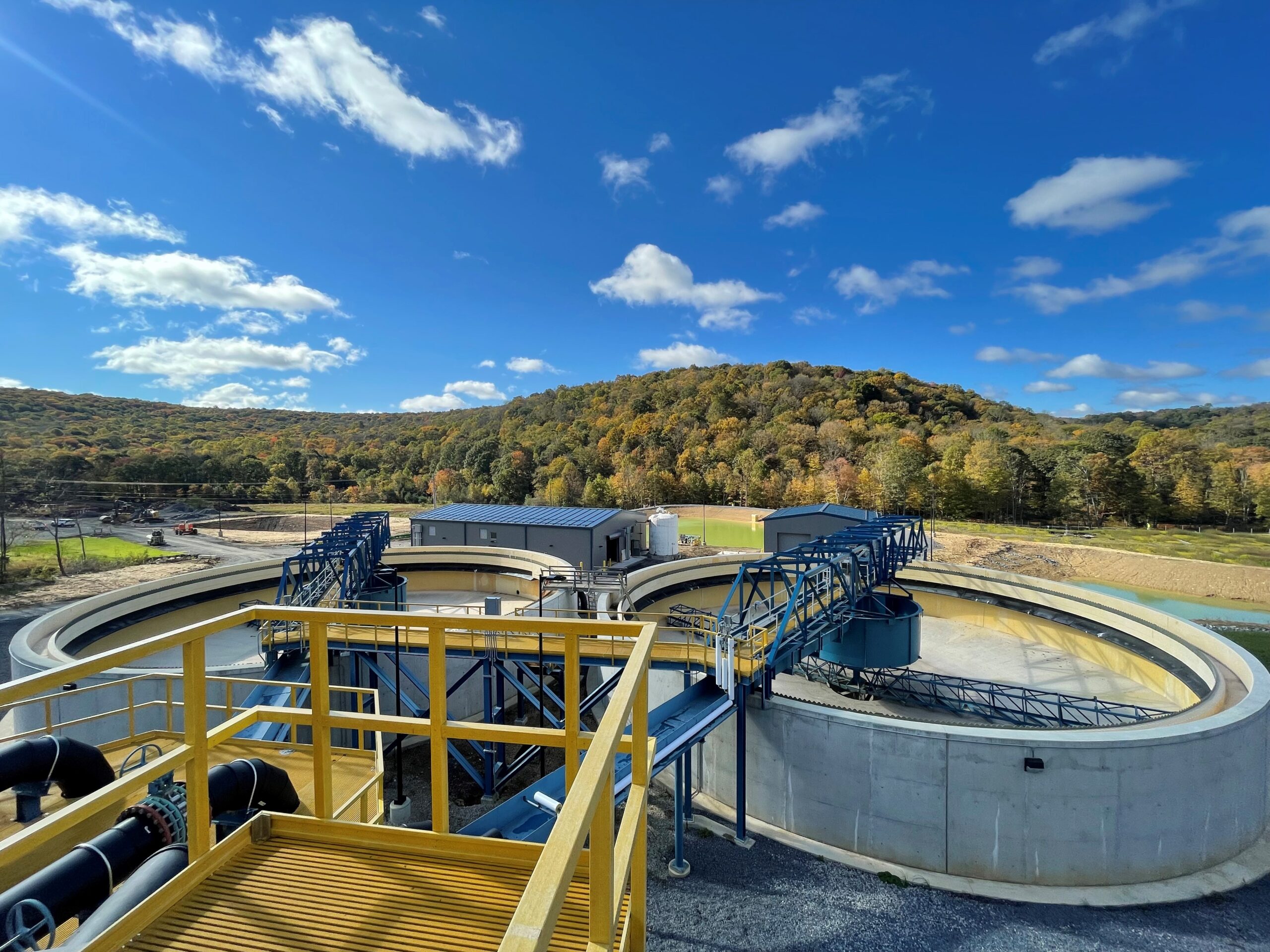Grant Awarded to Restore Freshwater Mussels in Clarion and Kiski Rivers – Technologist
The Pennsylvania Fish and Boat Commission (PFBC) is pleased to announce that it has received a National Fish and Wildlife Foundation Central Appalachia Habitat Stewardship Program grant as part of a collaborative effort to restore freshwater mussel populations in the Clarion and Kiskiminetas rivers.
Funds from this grant will be used for ongoing, comprehensive species and river restoration efforts which include research, community education, and outreach. The PFBC has partnered with the Western Pennsylvania Conservancy (WPC) and PennWest Clarion University to restore riparian areas along both rivers and to engage students and the public’s participation in this recovery effort.
“We couldn’t be more excited to receive this grant and to partner with other conservation organizations to continue the vital work of restoring freshwater mussels in these recovering rivers,” said Tim Schaeffer, PFBC Executive Director. “The Allegheny River basin is one of North America’s most diverse and important freshwater mussel river systems. Pennsylvania has a responsibility to maintain and restore the health of the aquatic species that call it home while improving overall water quality for the region and downstream.”
Historically, the Clarion River was one of the most heavily polluted streams in western Pennsylvania. Its waters were described by Dr. Arnold Ortmann, curator at the Carnegie Museum, as “one of the worst in the state” with waters running “black like ink” due to the unregulated discharges from the tanning and mining industries that were compounded by widespread deforestation. No living mussels were ever reported from the Clarion River until recently, and 37,000 common mussels have been stocked from relocation projects to help boost recovery.
The Kiskiminetas River was likewise devastated by poor water quality conditions associated with extensive and unregulated coal mining and deforestation. Dr. Ortmann described “that in almost all of the drainage basin of the Kiskiminetas fresh-water life is extinct.” State and federal agencies and their conservation partners have made tremendous strides in both river basins to improve the landscape and water quality so that they can now support freshwater mussels and vibrant fish communities for benefit of anglers, river users, and all those that enjoy clean water.
The water quality of these two rivers have improved, allowing fish to naturally colonize the lower reaches of the Clarion and Kiskiminetas rivers. These improved conditions have limited benefits to the Clarion upstream of the reservoir because of the impassable barrier that is Piney Dam. Dams act as barriers that prevent the natural restoration of native mussels, which require attachment to a fish host in order to disperse and complete their unique life cycle.
This project aims to continue Clarion River mussel restoration efforts and to begin Kiskiminetas River restoration efforts by reintroducing mussels upstream of Piney Dam or reintroducing Kiski River populations upstream of their known recovery limits. The project team producing mussels at the PFBC Aquatic Conservation Center in Union City, Pennsylvania will be supported by WPC tree-planting efforts and receive academic support from PennWest Clarion University.
“We are excited to partner with PFBC and WPC to restore native freshwater mussel populations in these historically defaunated streams,” said Dr. Andrew Turner, professor at PennWest Clarion University.


